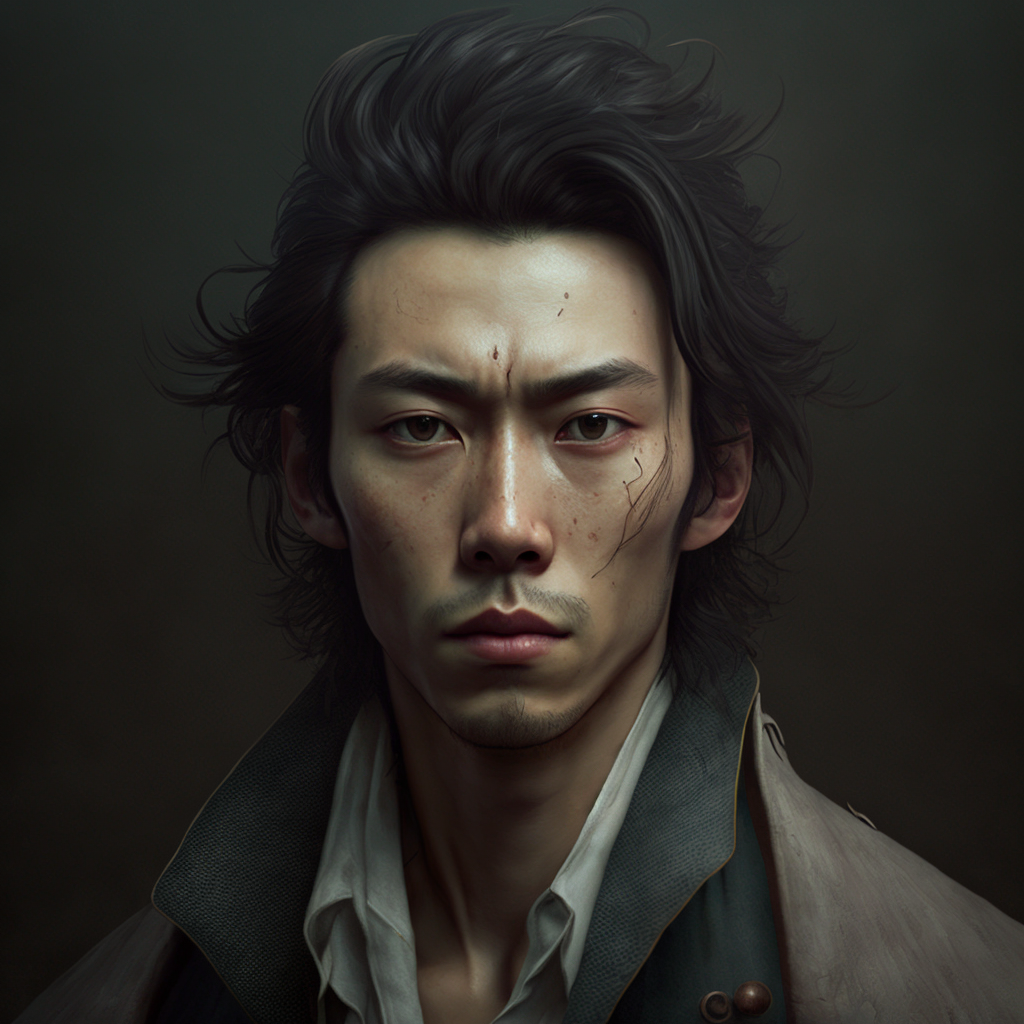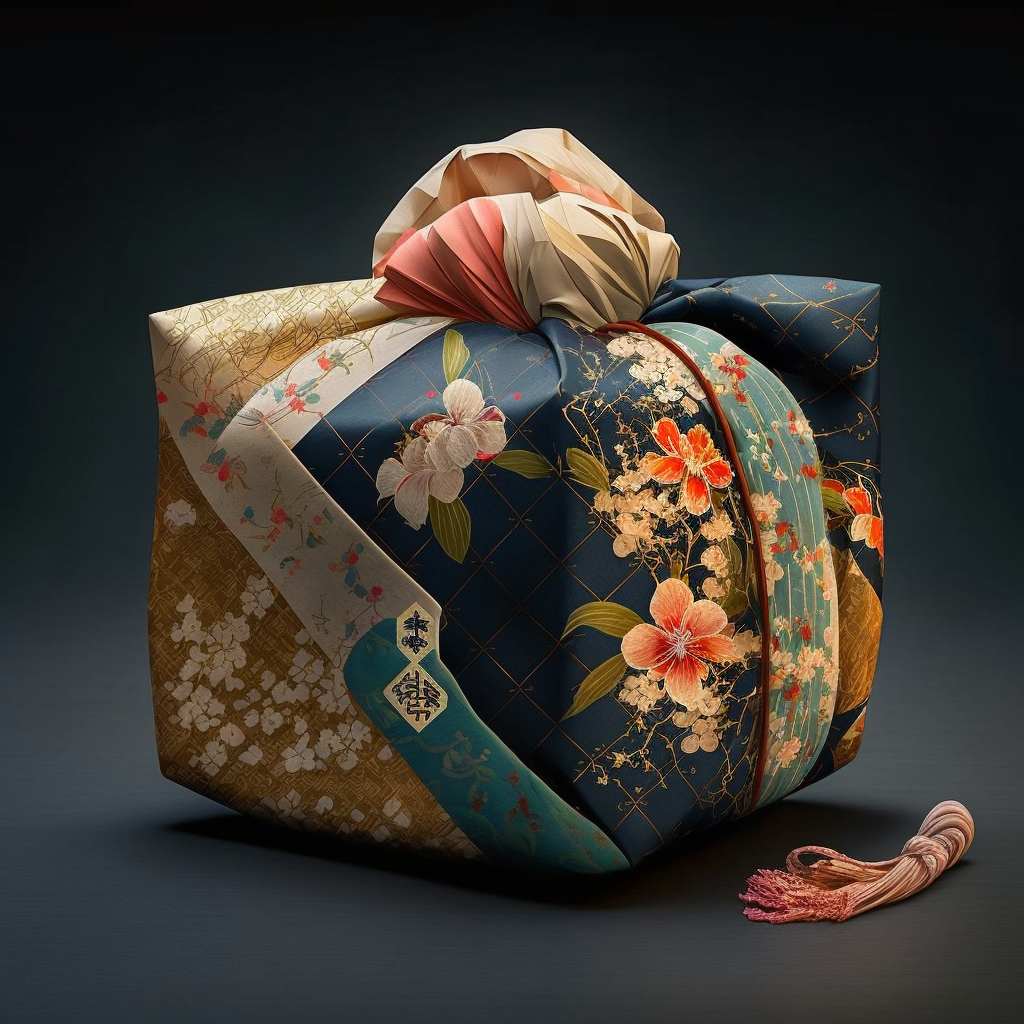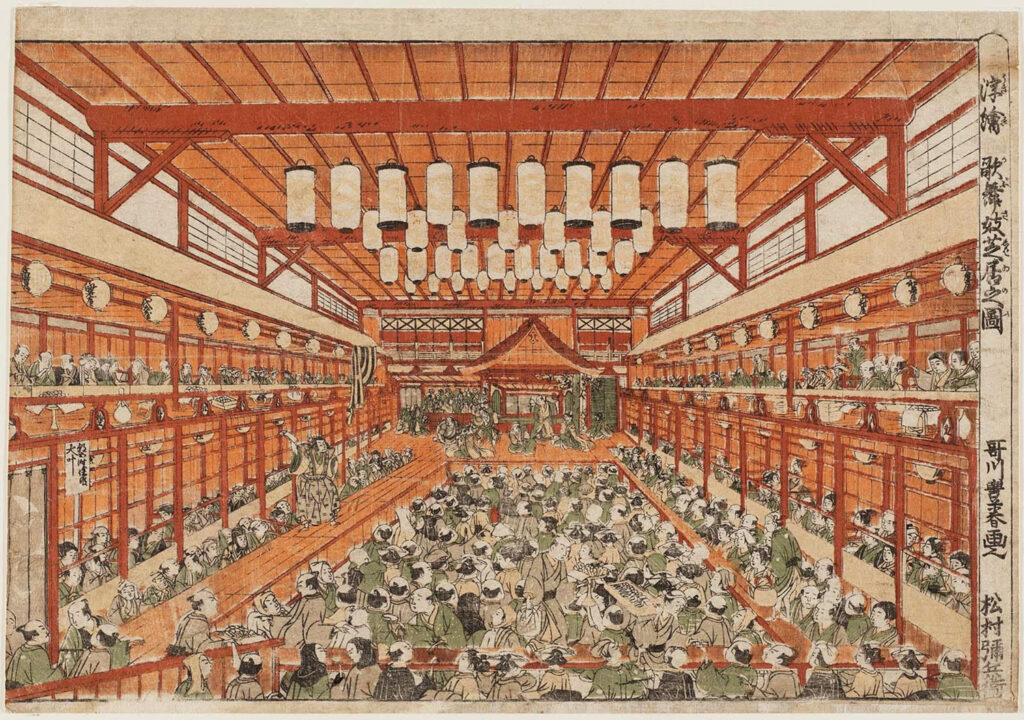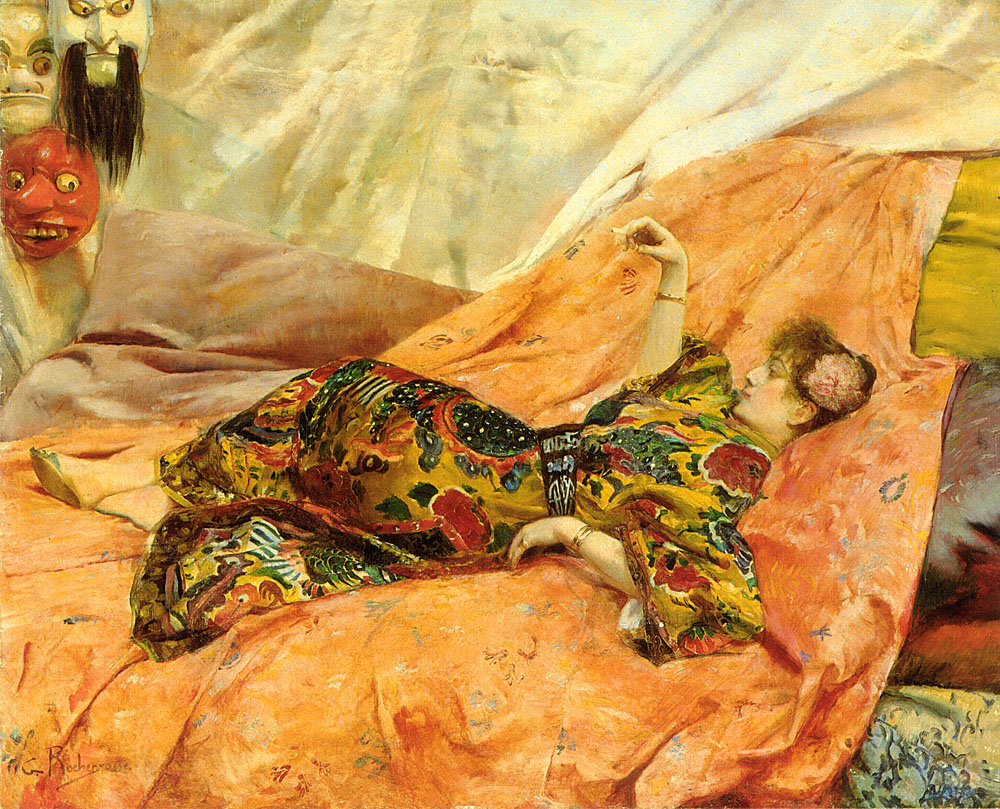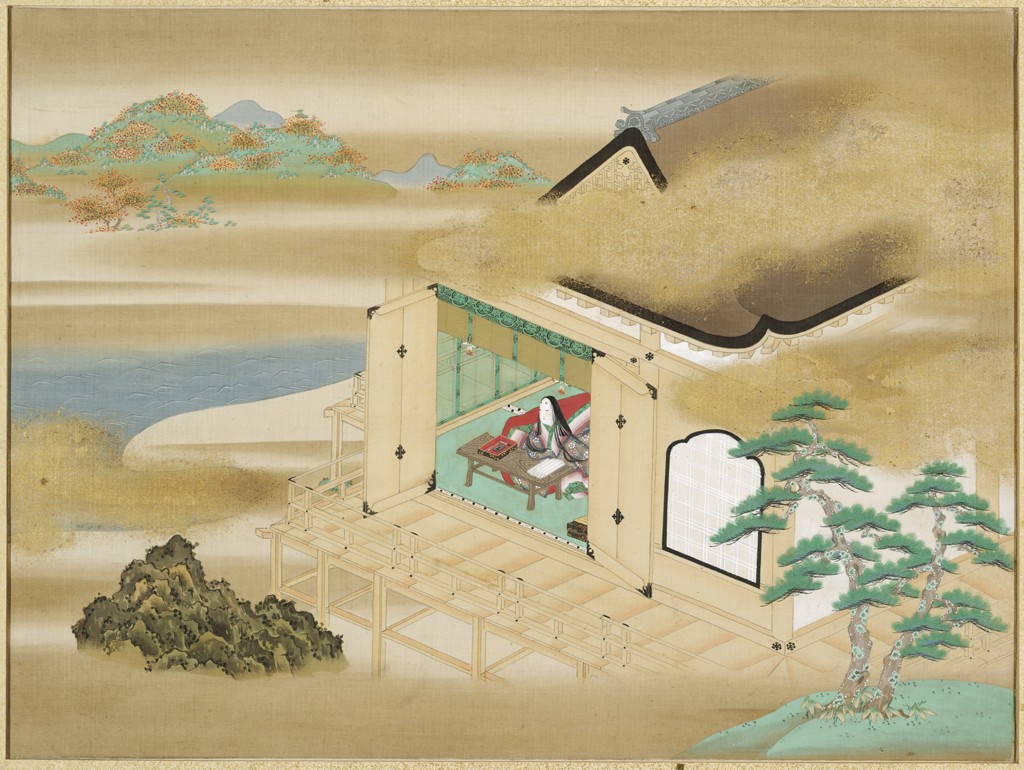Ryūnosuke Akutagawa (芥川龍之介, Akutagawa Ryūnosuke, March 1, 1892 – July 24, 1927) was a renowned Japanese writer, considered one of the founders of modern Japanese short stories. He was born in 1892 in Tokyo and died aged 35 in 1927.
Akutagawa started writing at a young age and quickly gained a reputation as a talented author. His stories are often dark and highlight the more murky aspects of Japanese society of his time, such as madness, paranoia, and depression. His best-known short stories include “Rashomon”, which was adapted into a famous film Rashōmon (1950) by Japanese director Akira Kurosawa, and In the Thicket (1922), the story of the murder of an aristocrat by three different characters, including the corpse itself, each claiming paternity of the crime.
Akutagawa also wrote essays on topics such as Japanese culture and history, religion, and morals. He explored many complex themes such as the nature of reality and the duality of human life, which added to his lasting impact as an important literary figure in Japan and abroad.
Despite his success as a writer, Akutagawa’s personal life was marked by suffering and depression. In 1921, at the height of his popularity, Akutagawa interrupted his writing career to spend four months in China as a reporter for the Ōsaka Mainichi Shimbun newspaper. The journey was stressful and Akutagawa suffered from several illnesses, from which he never recovered. Akutagawa suffered from severe mental illness and tried to kill himself on several occasions. He eventually committed suicide by ingesting veronal on July 24, 1927, leaving behind only two words Bon’yaritoshita fuan (ぼんやりとした不安, meaning “vague concern”). His untimely death left a void in the Japanese literary world, but his work continued to influence future generations of writers and readers. In 1935, his longtime friend Kikuchi Kan established Japan’s most prestigious literary prize, the Akutagawa Prize, in his honor.
Is the new modern Japanese?
The modern Japanese short story is a literary movement that emerged in Japan at the end of the 19th century and the beginning of the 20th century. It is characterized by short stories, often centered on social, psychological or existential themes, which explore the inner turmoil of the characters and the complexity of modern life.
This movement was influenced by modern European literature, especially short stories by Chekhov and Maupassant, but it also retained elements of Japanese literary tradition, such as ghost stories and legends. Modern Japanese short story writers created a distinctive style that influenced Japanese and world literature.
The most famous works of modern Japanese short story include “Rashomon” by Ryūnosuke Akutagawa and “Kokoro” by Natsume Sōseki. This movement also produced other talented authors such as Jun’ichirō Tanizaki and Yasunari Kawabata, who won the Nobel Prize in Literature for their contribution to Japanese literature.

